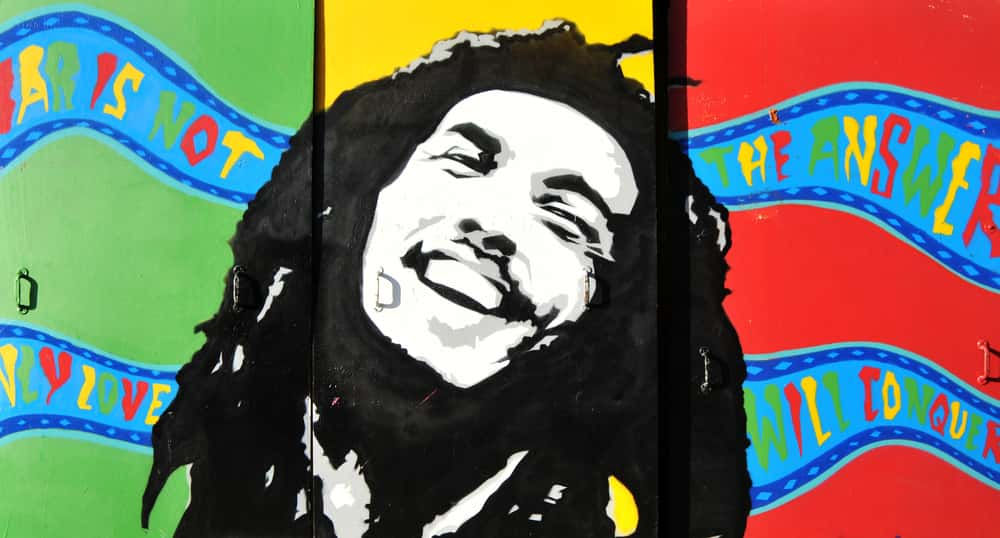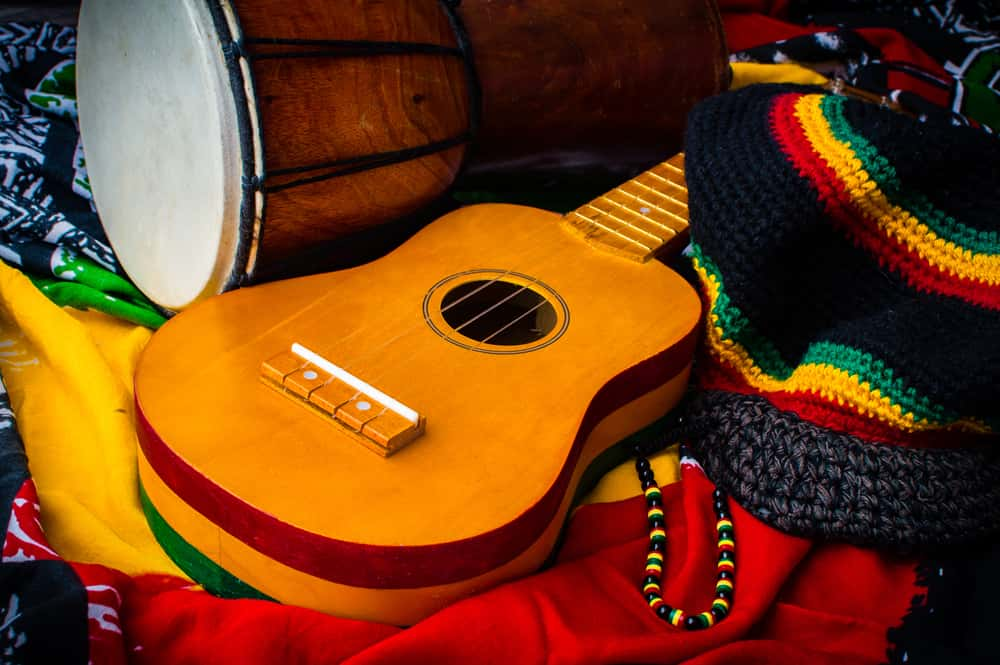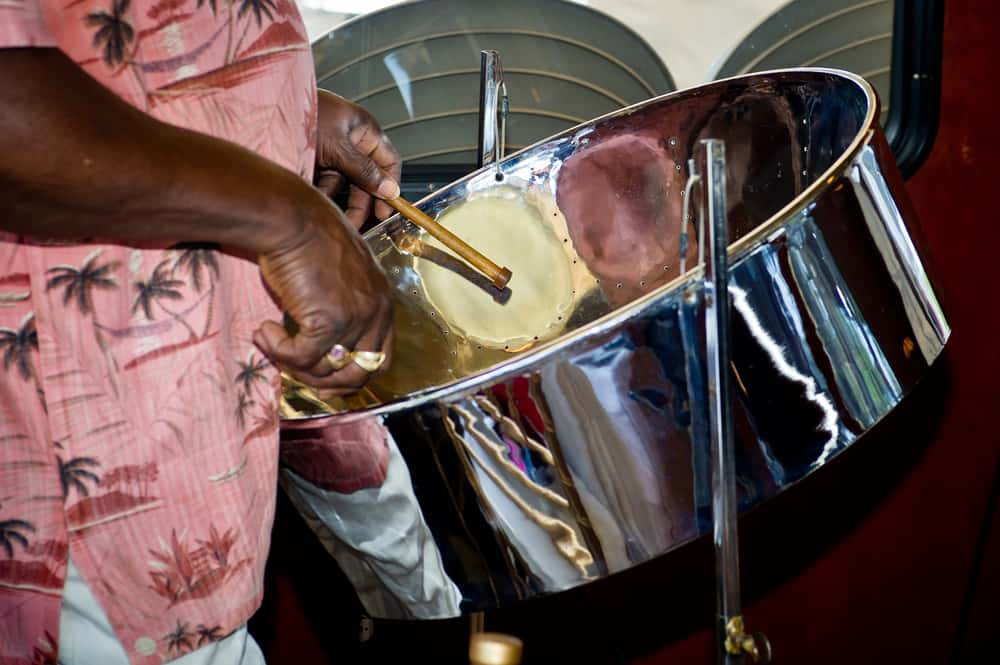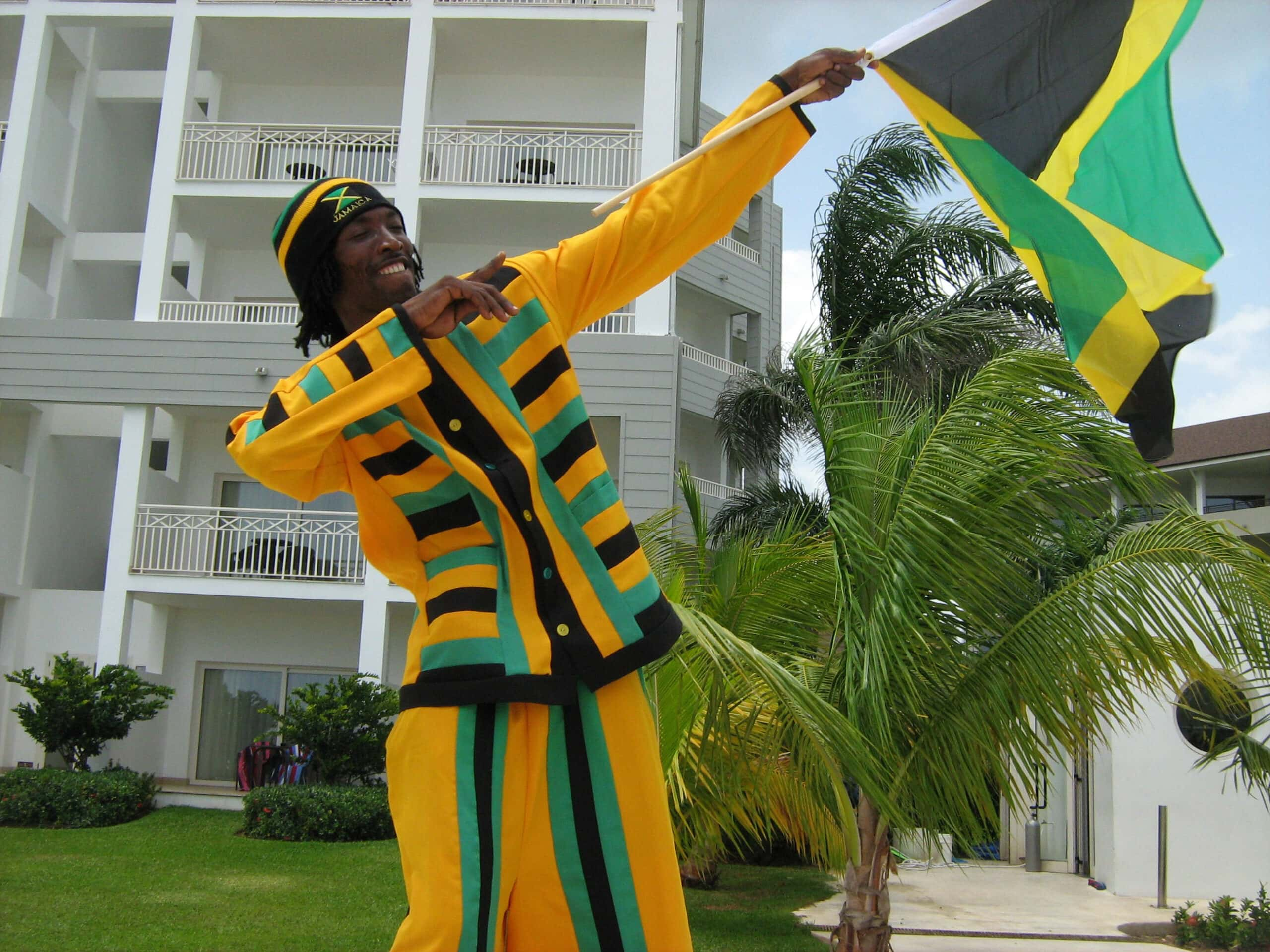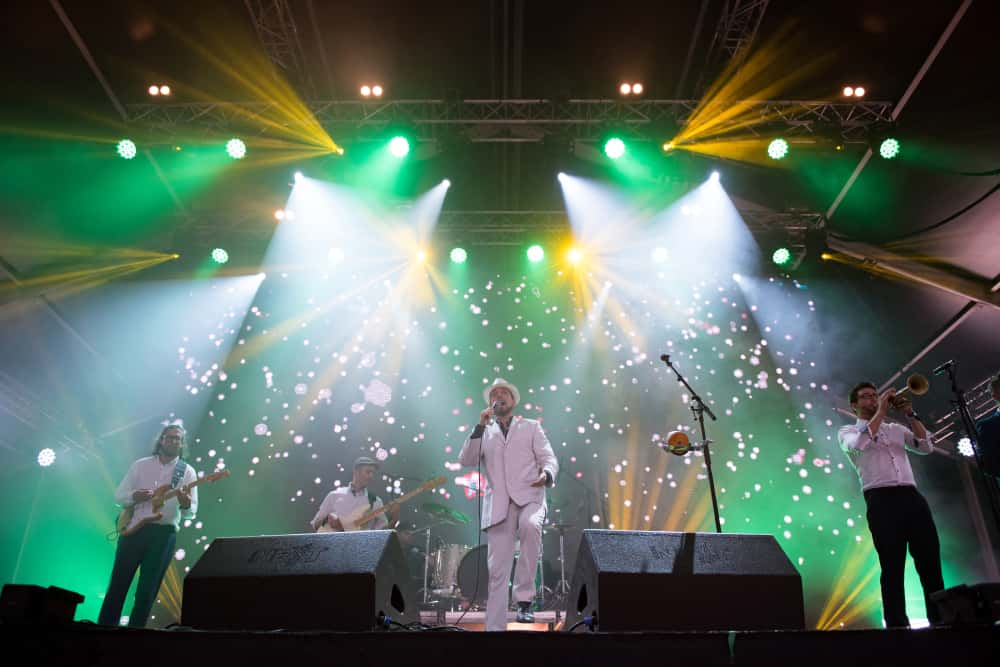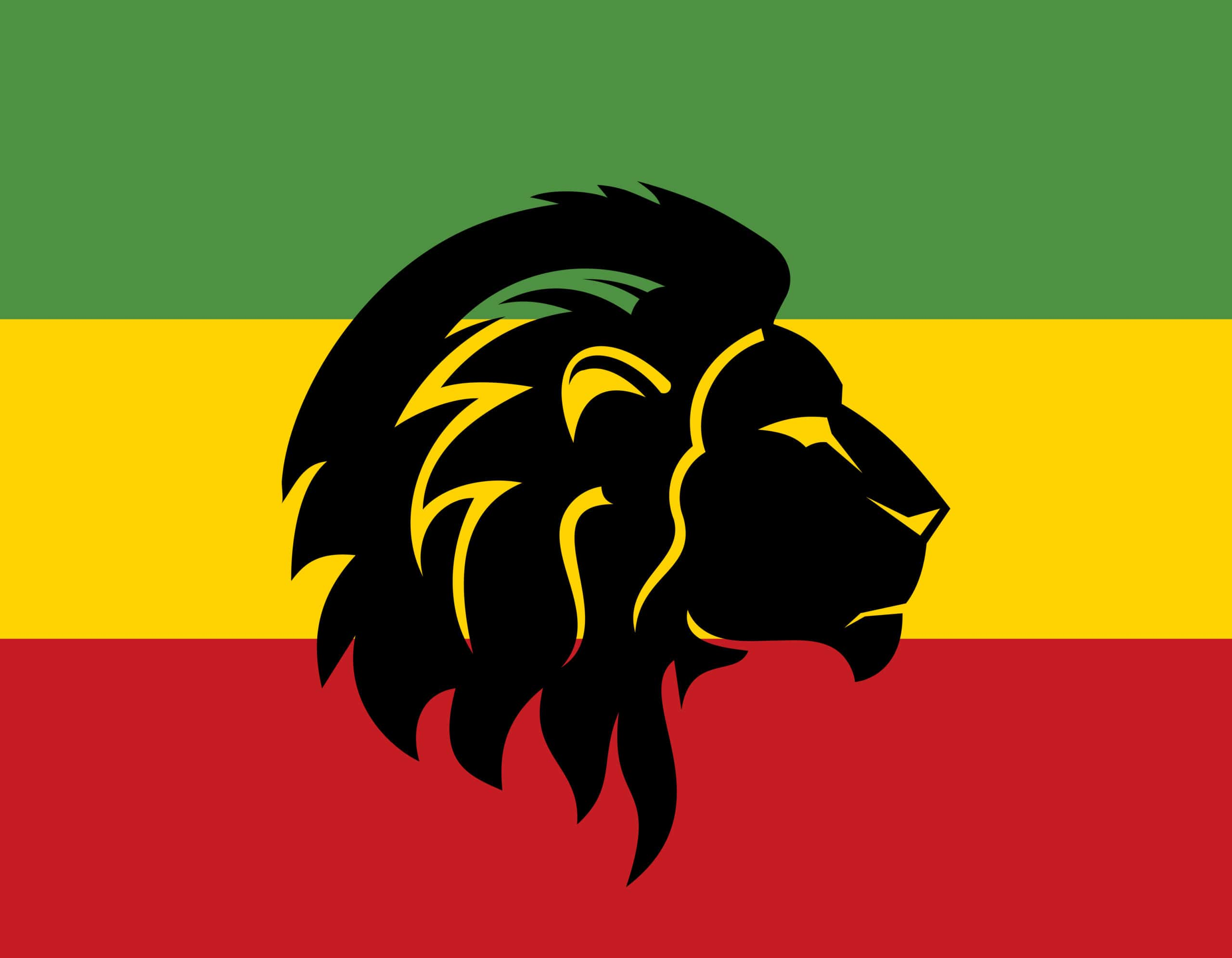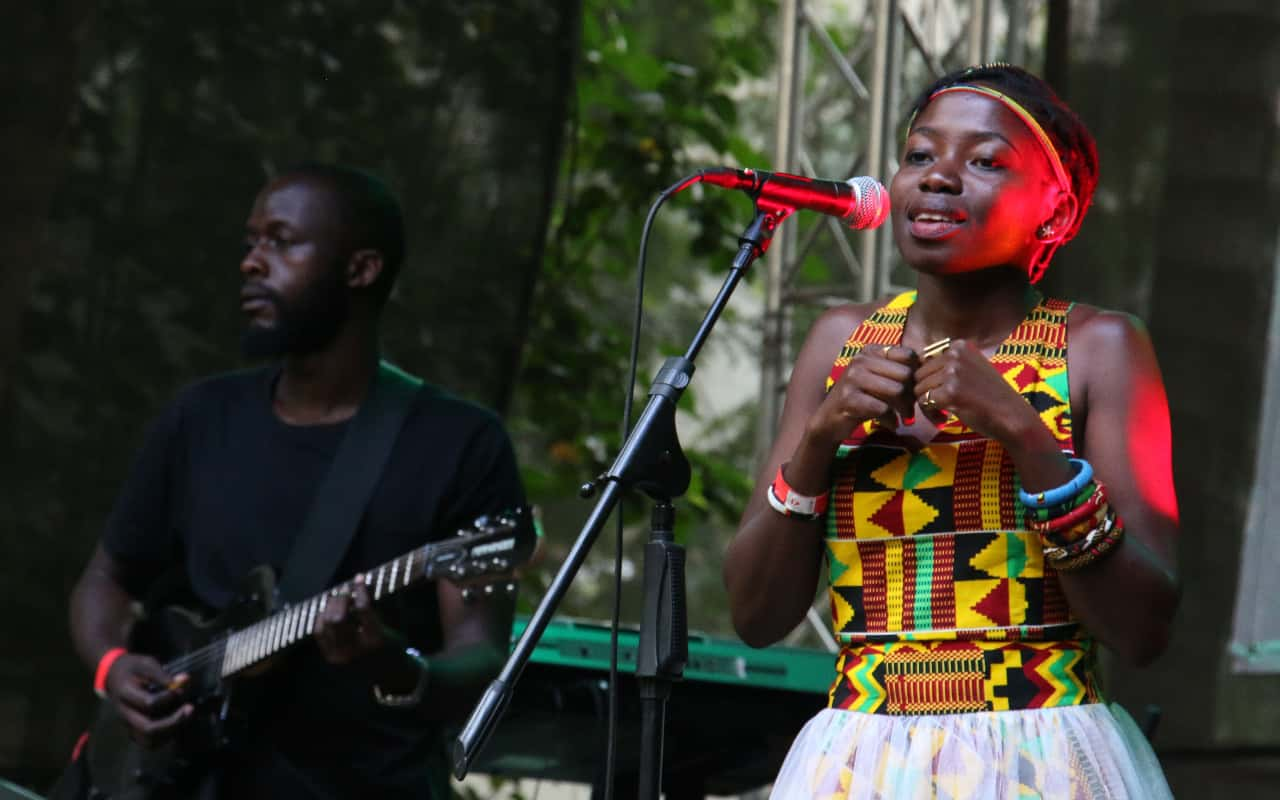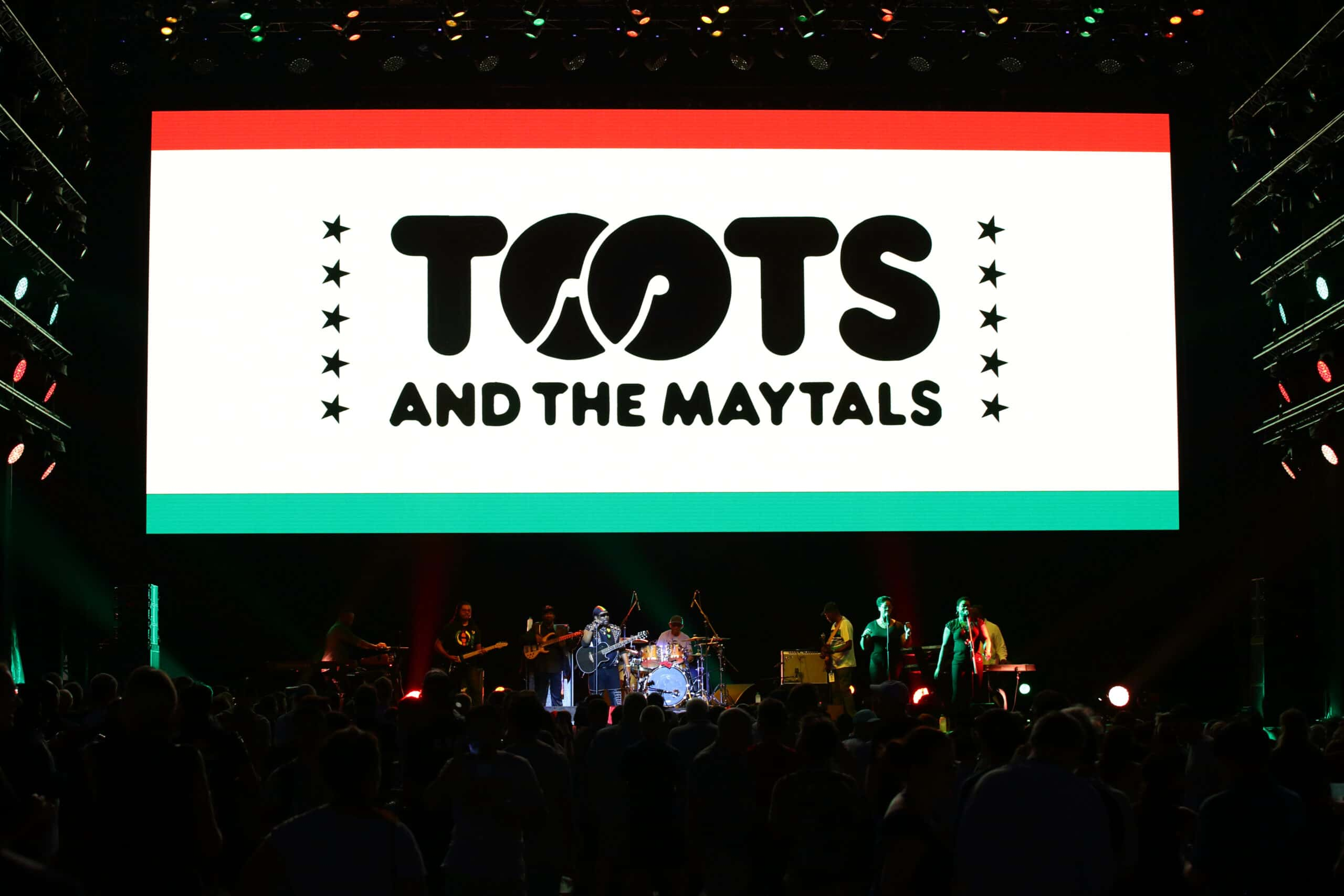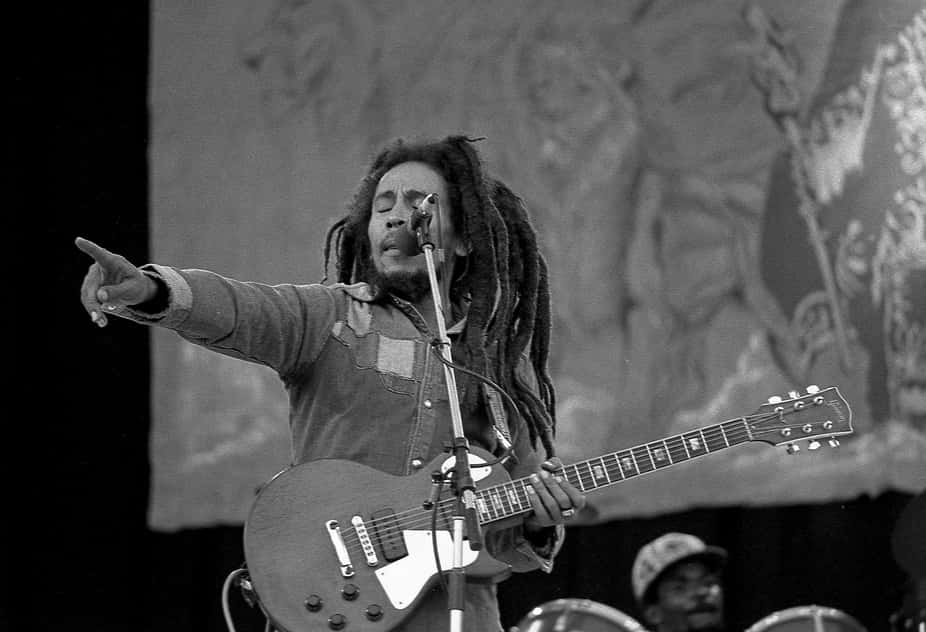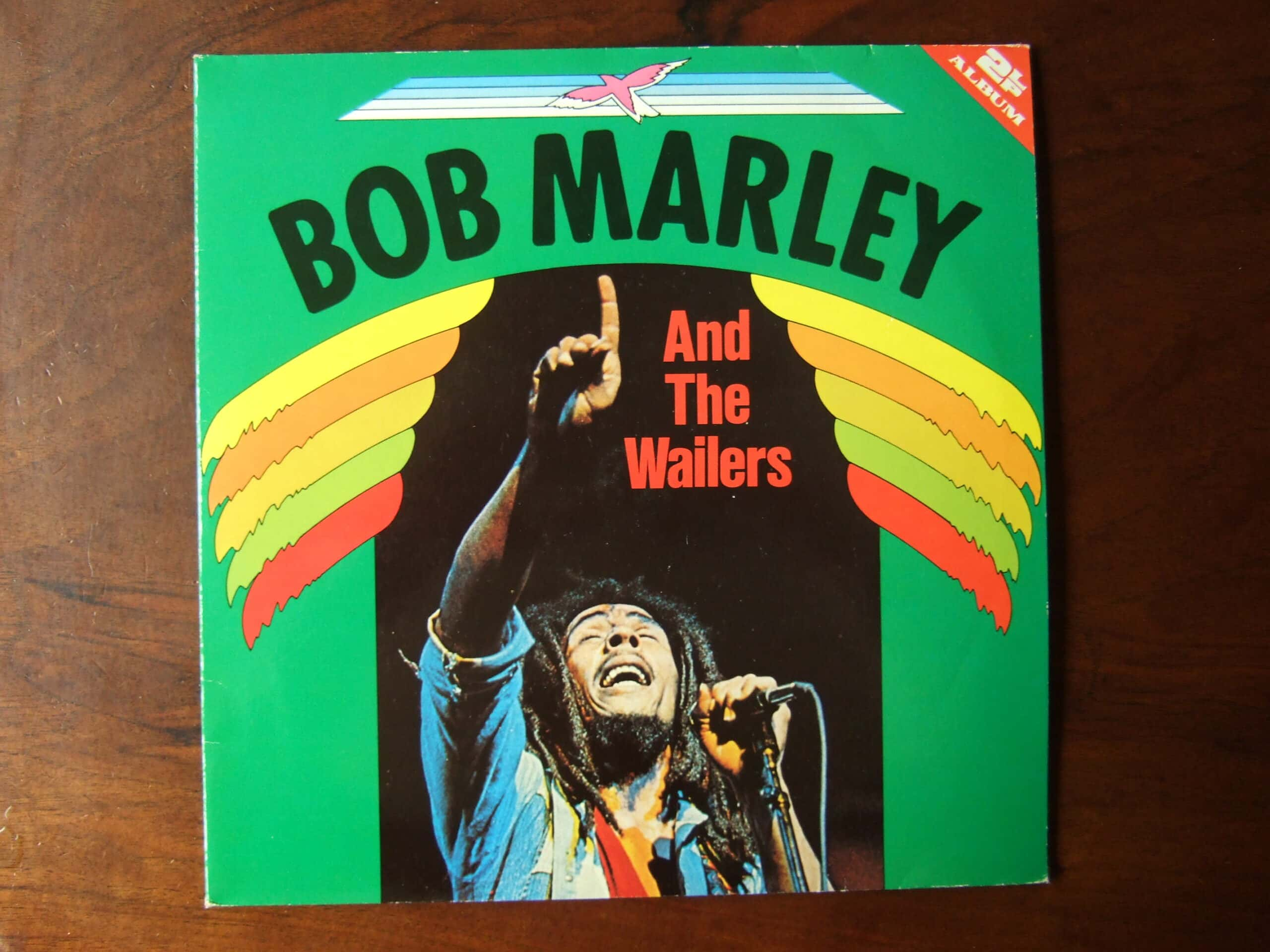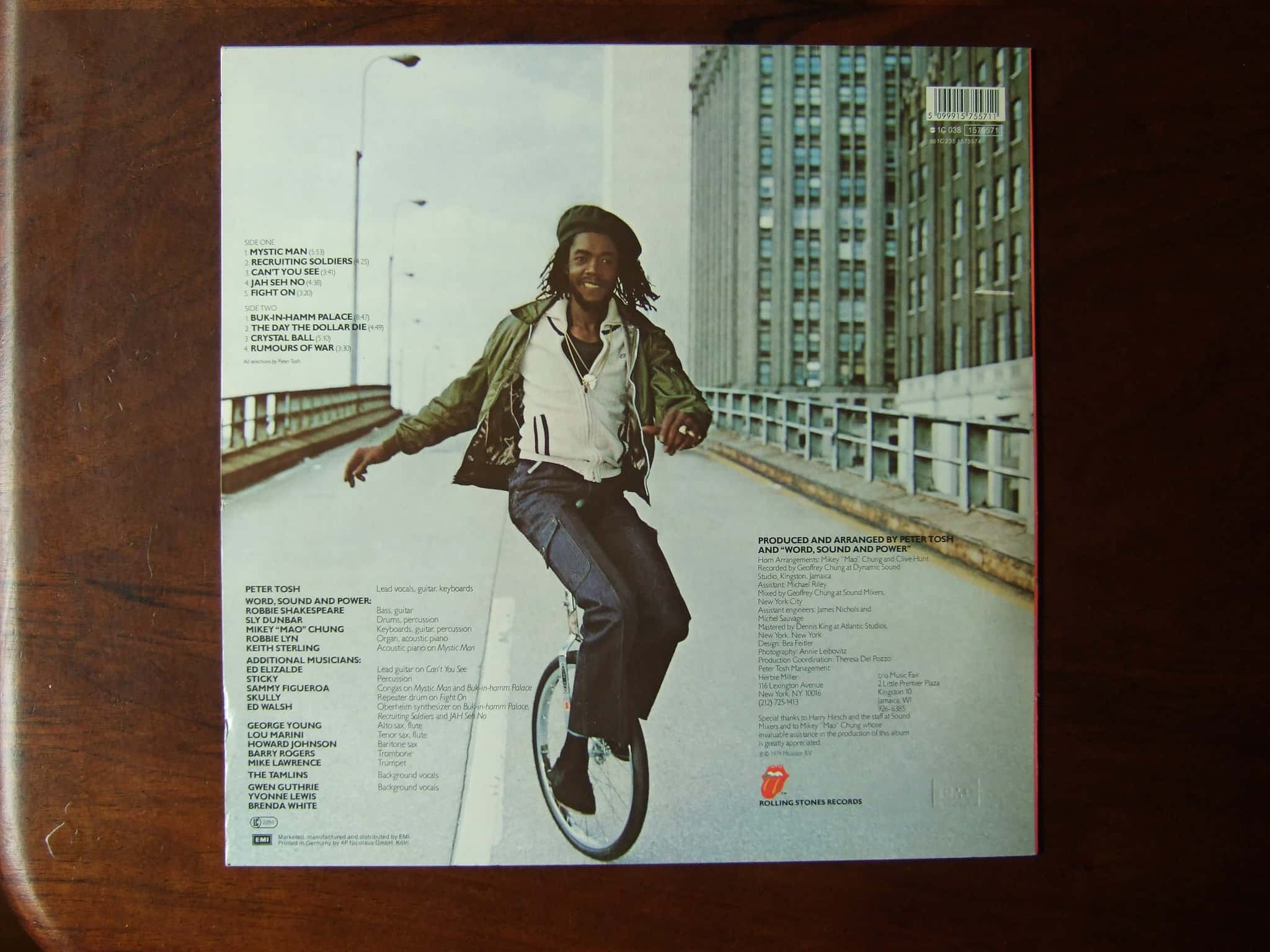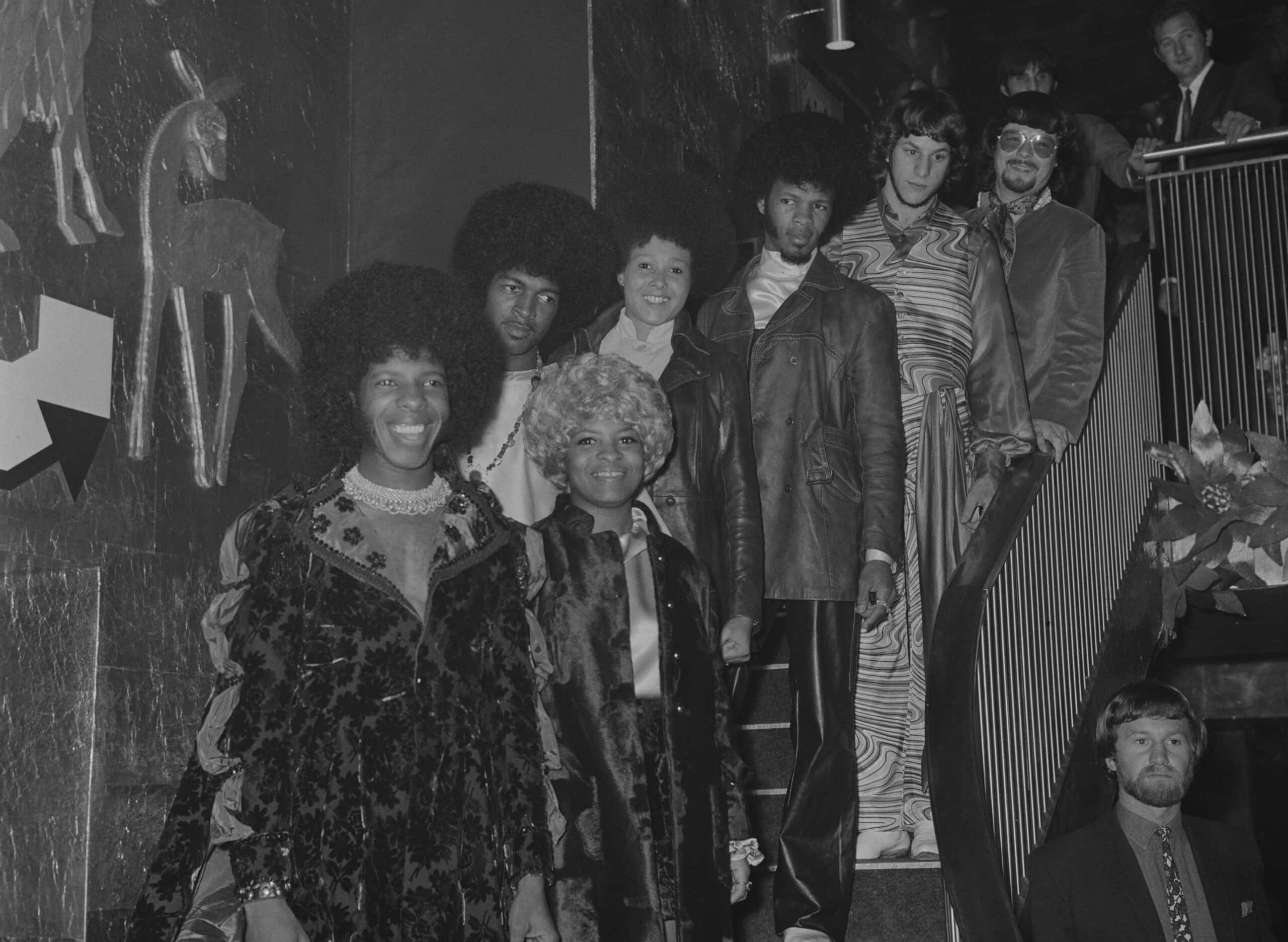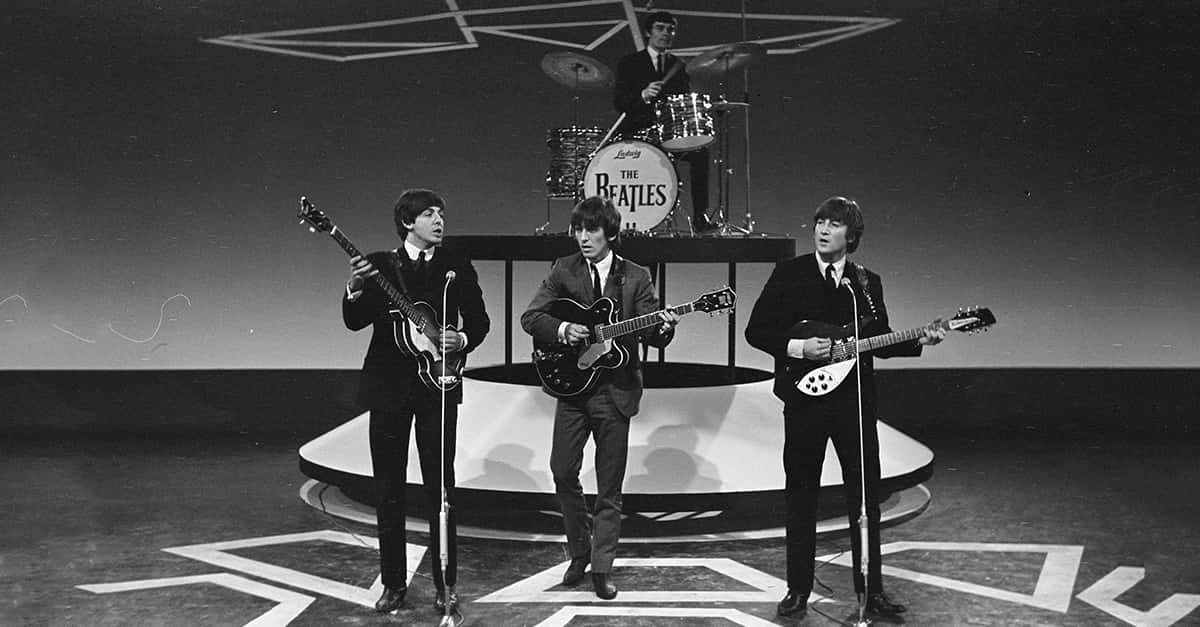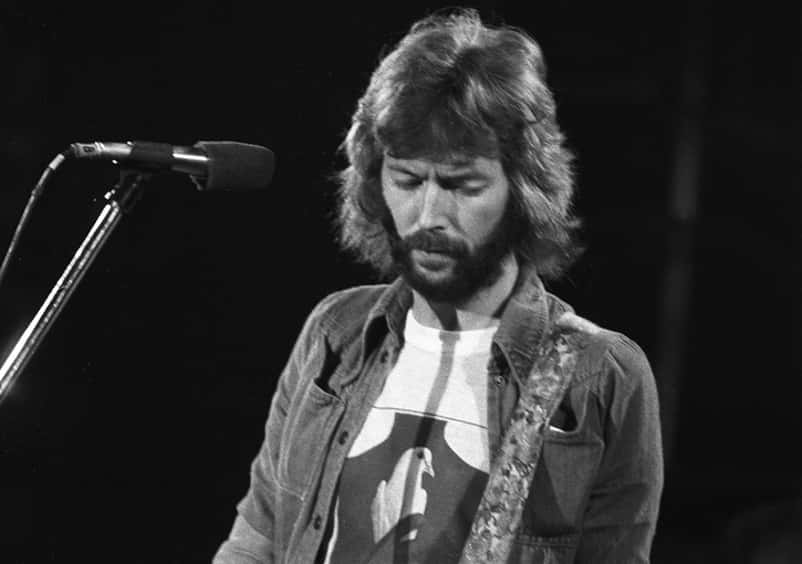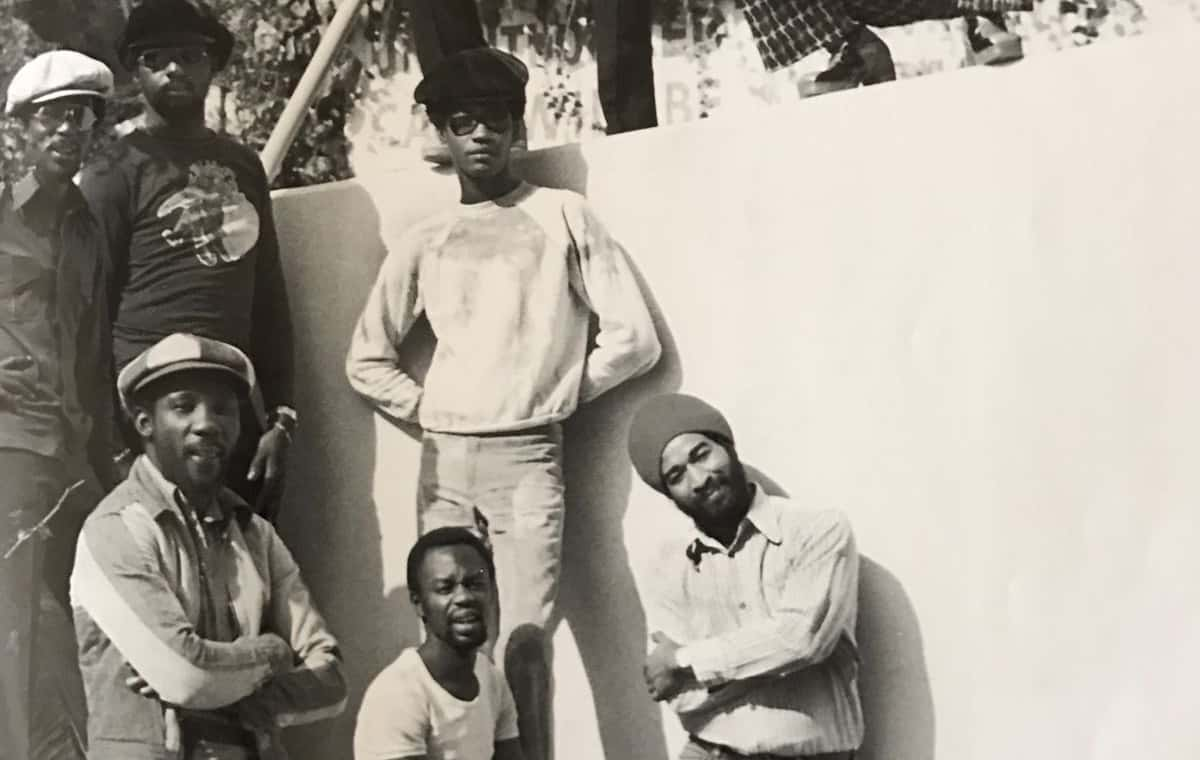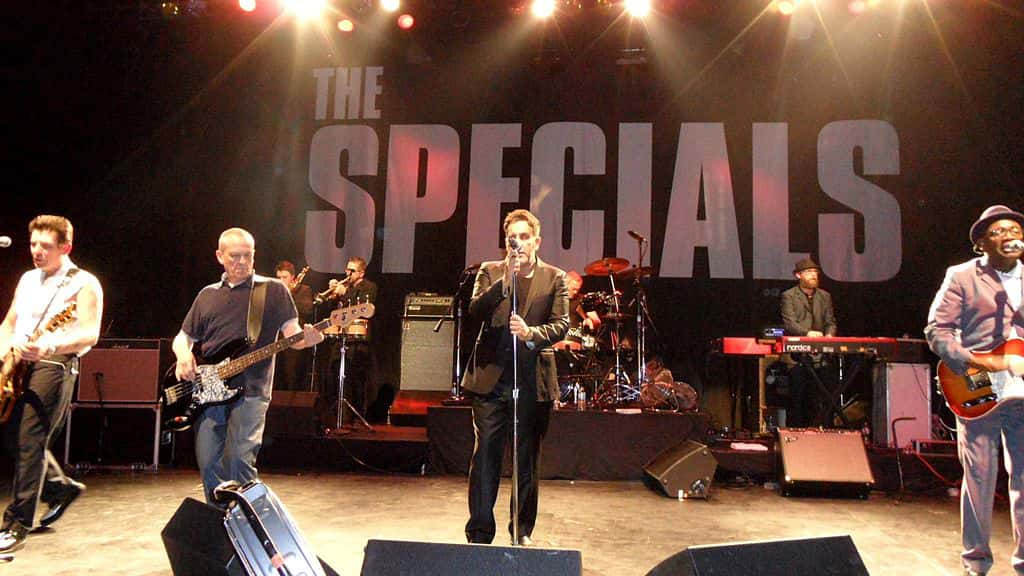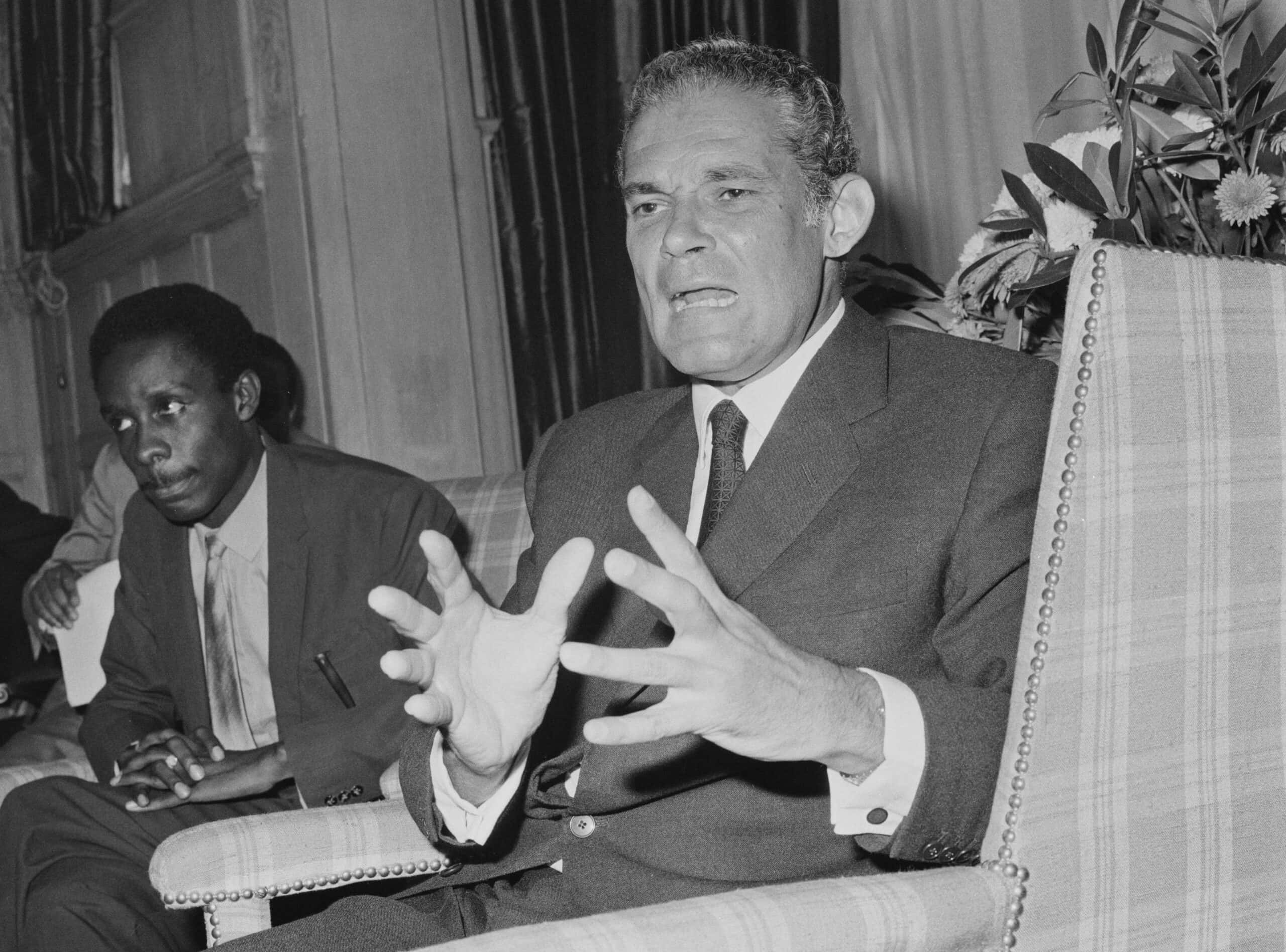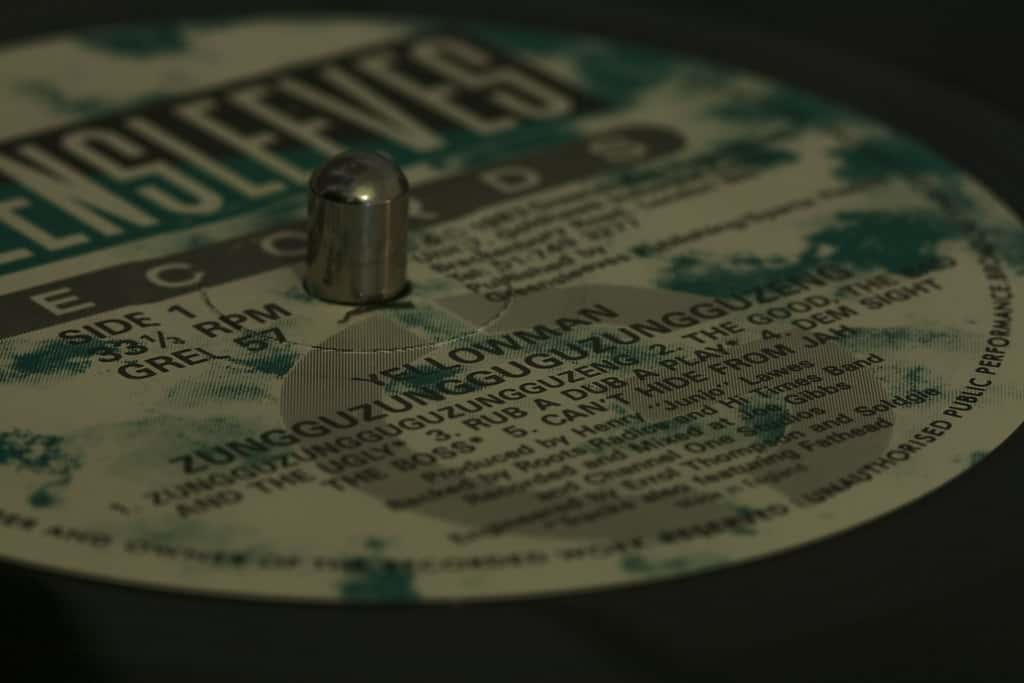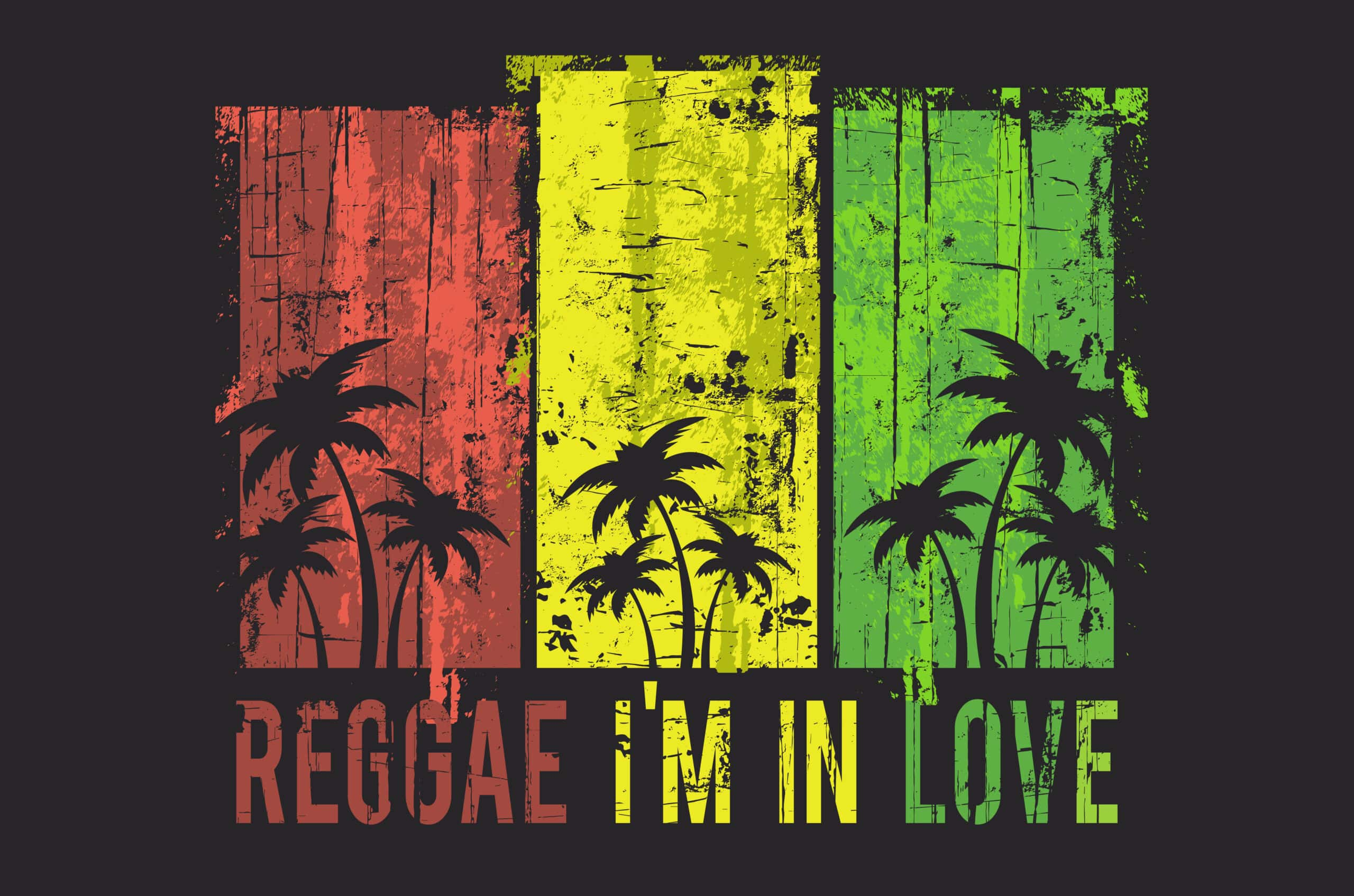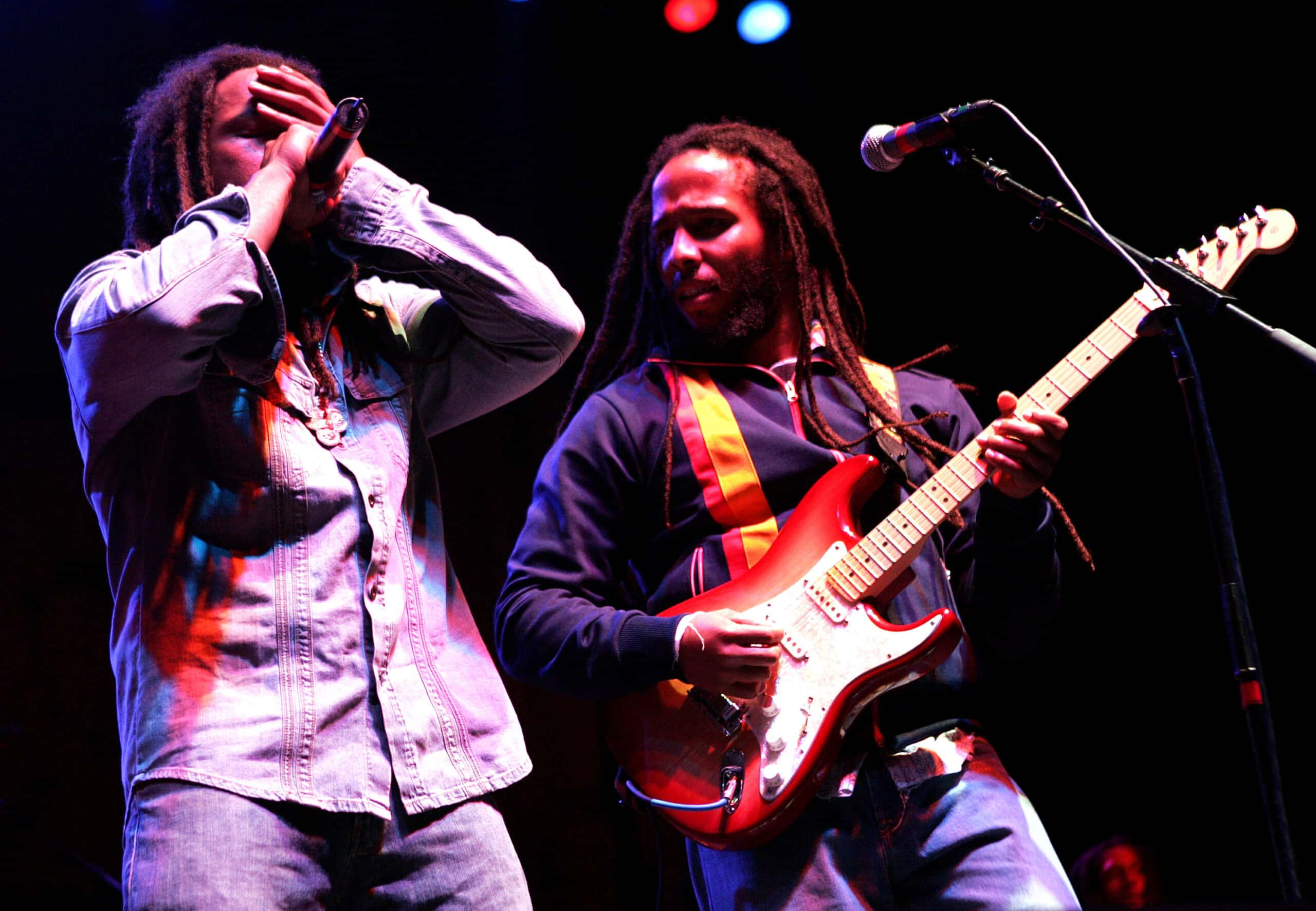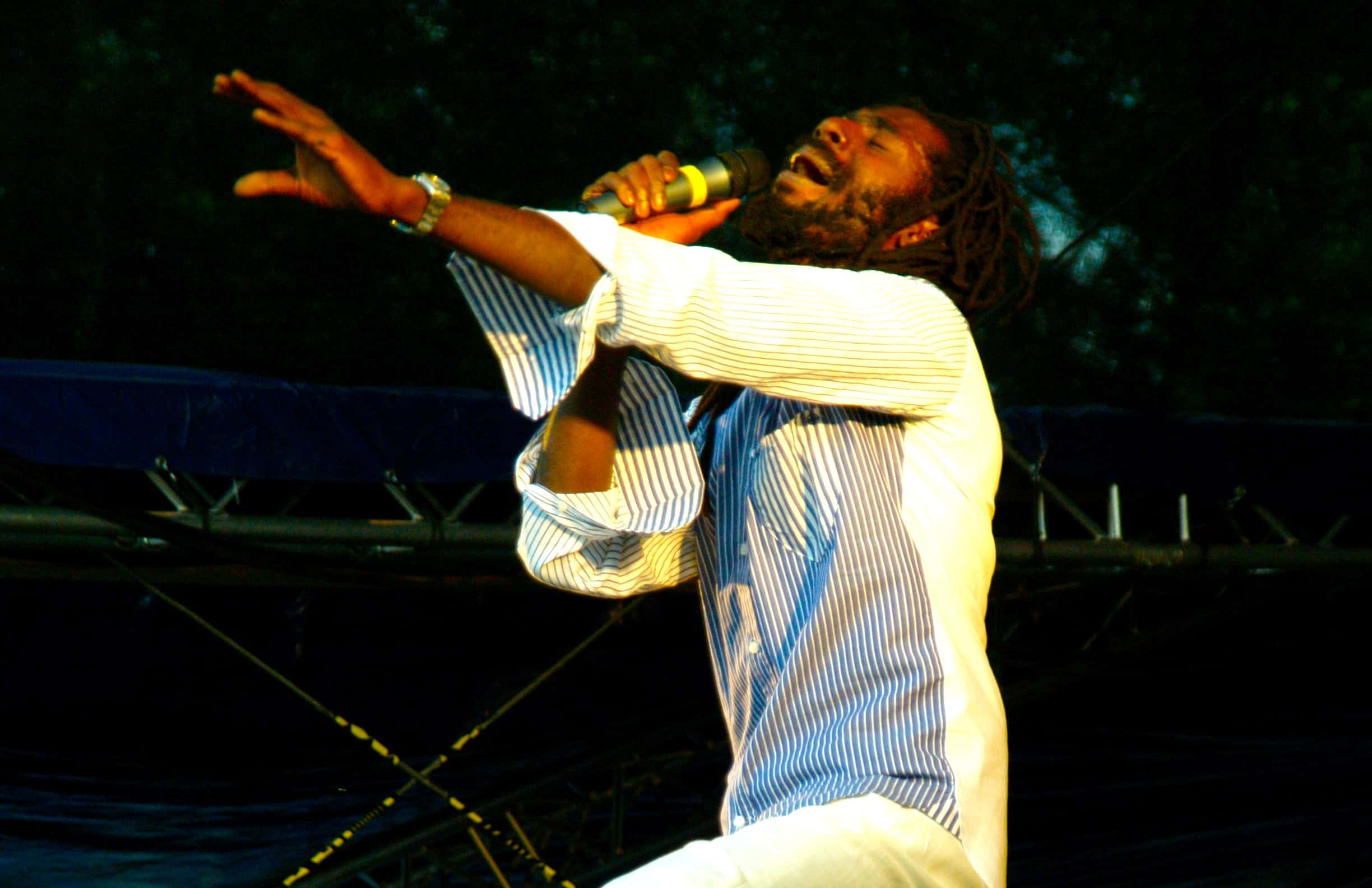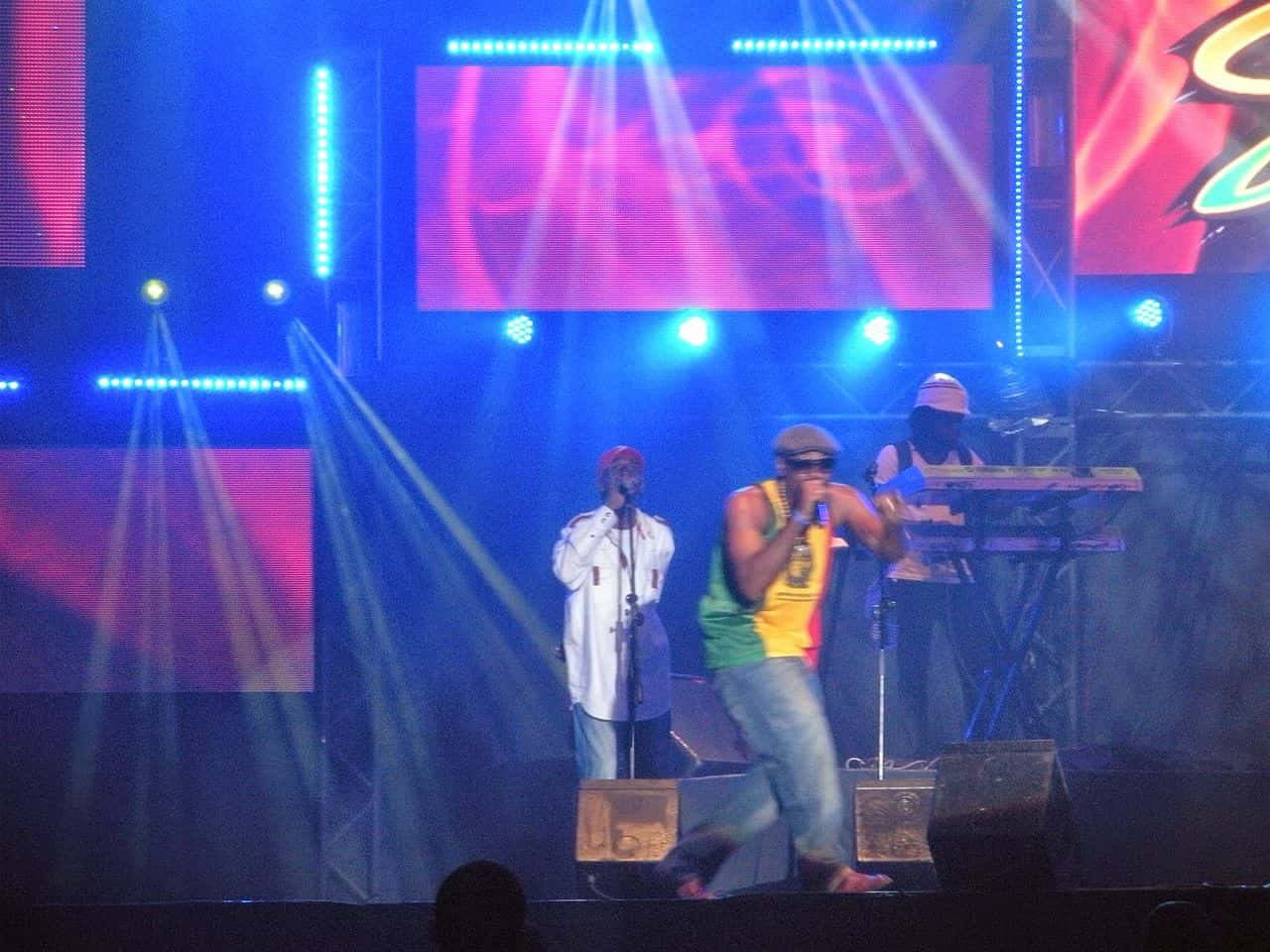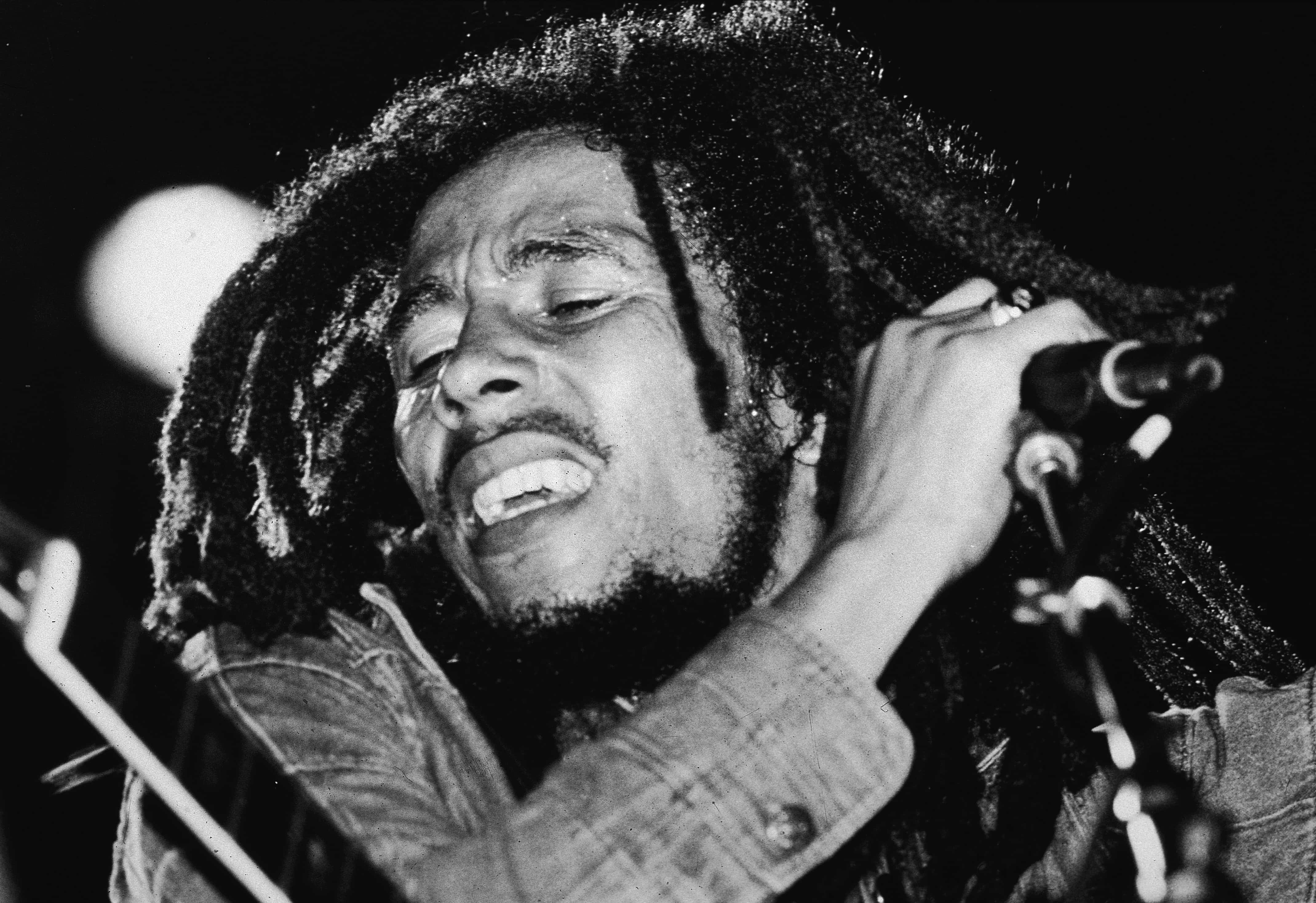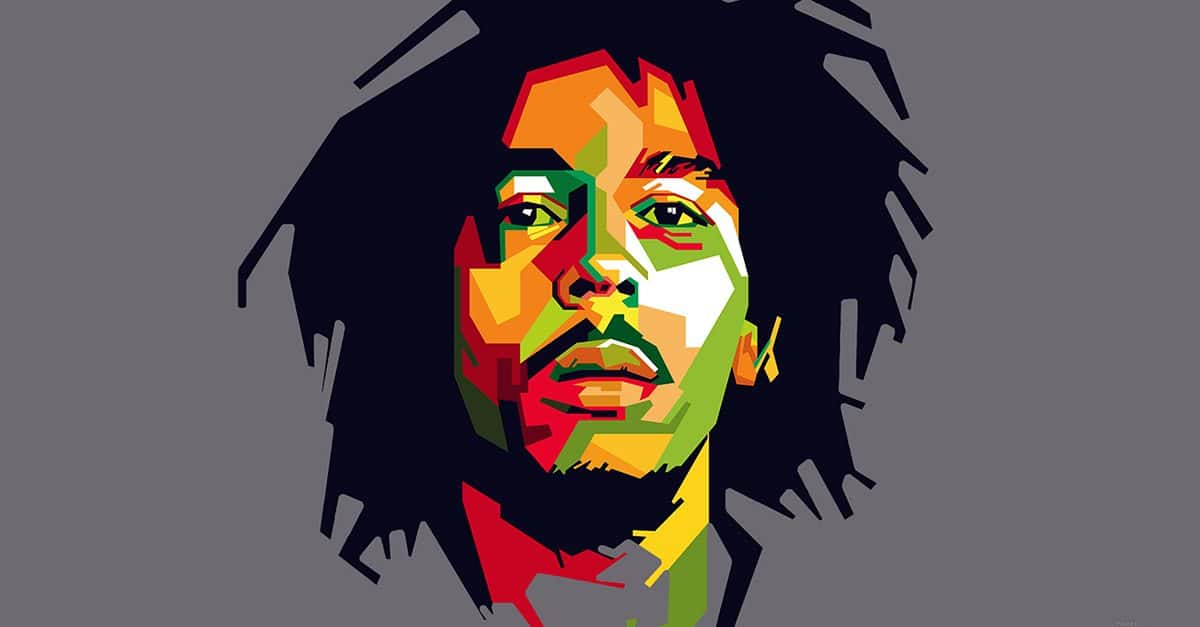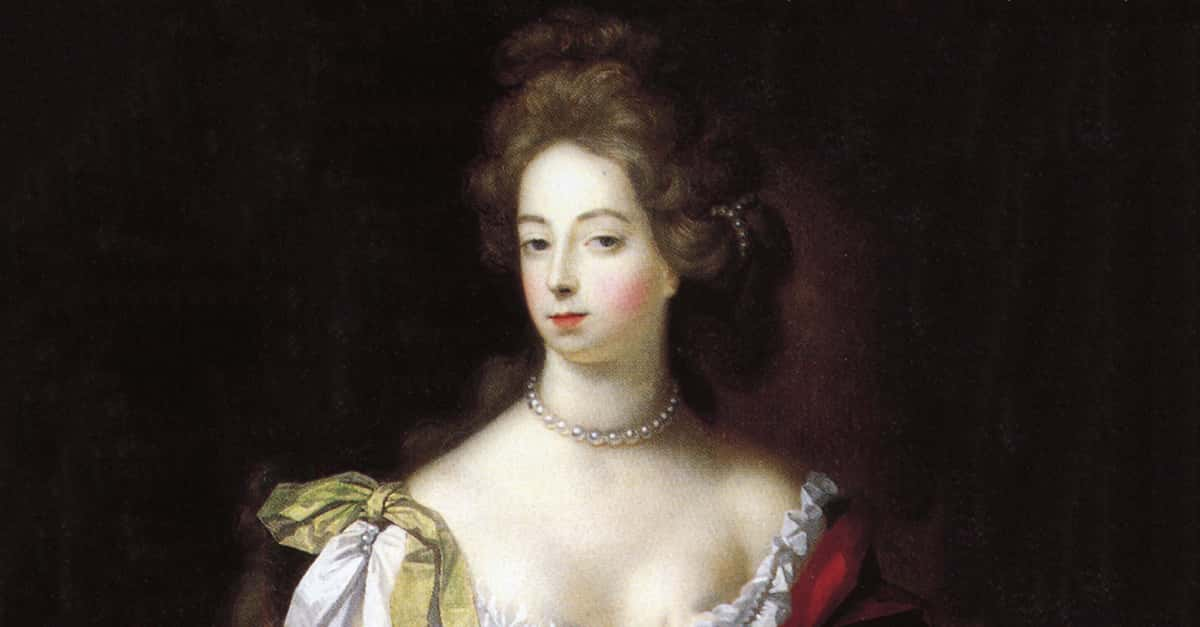College students and music buffs agree: the chillest music in the world is reggae. But Jamaica’s biggest cultural export is more than good vibes and island rhythms. Reggae can be spiritual, politically-charged, and even militant. Here are 27 jammin’ facts about reggae.
1. Rege-Rege
It is believed that the word “reggae” comes from a Jamaican slang term “rege-rege,” which means “ragged” or “raggedy” because it is a mix of other styles sewn together.
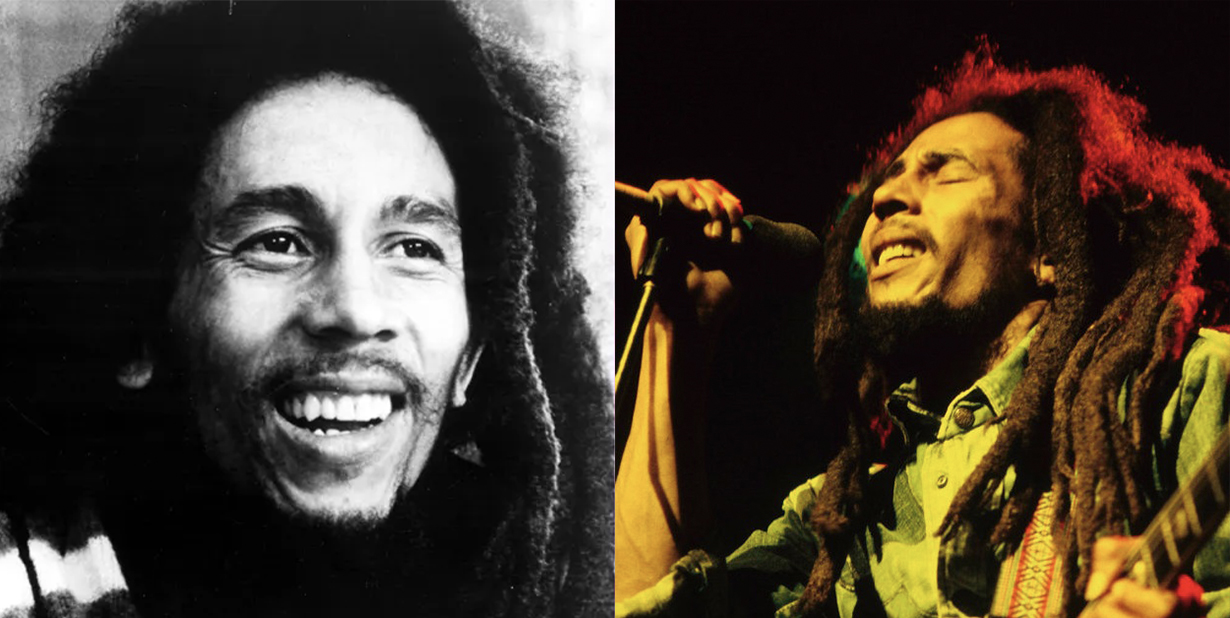
2. Disagreement
Other people, including Bob Marley, claim the term “reggae” either comes from the Latin “Regi,” meaning “to the King” or Spanish for "the king's music." This explanation emphasizes the religious undertones of reggae.
3. Early Influences
As a British colony and important trading post in the Caribbean, Jamaica is something of a cultural crossroads. In addition to their own folk styles, the locals would have heard English gospel music and sea shanties, calypso, and meringue from other Caribbean islands, even jazz, and R&B from the United States. All of these would go on to influence reggae music.
4. Mento
One popular style of Jamaican music was called mento. At the start of the 20th century, Jamaican musicians started making a calypso-influenced style which made light of local issues and events. Instruments were often whatever was lying around: the first recorded mento song, “Mento Merengue Meringue” was played on harmonica, coconut grater, and homemade wooden trumpet.
5. Jamaican Independence
Jamaica gained its independence from the United Kingdom in 1962. This led to a period of economic turmoil, but also a cultural renaissance, especially when it came to music. More and more, local musicians, producers, and DJs were matching their country’s new-found independence with their own, founding record labels and developing new styles of music that would be associated with the country forever.
6. Ska to Rocksteady
Around the time Jamaica gained its independence, the most popular style of music in Jamaica was ska. An upbeat instrumental music, ska borrowed from American r&b styles while emphasizing an off-beat rhythm. As the Jamaican economy worsened, however, many ska musicians started slowing down the pace and singing over the music to address social issues. This became known as “Rocksteady.”
7. Rocksteady to Reggae
Rocksteady musicians had slowed ska down and directed it to more socio-political themes. They also changed the instrumentation, shifting away from the upbeat horns of ska to the guitar, bass, drums, and organs common to British and American rock bands. As the rocksteady musicians experimented with sound and turned increasingly to the Rastafarian religion, rocksteady evolved into reggae.
8. The Sound
Reggae gets its distinctive sound from placing its rhythmic accent on the off-beat, what reggae artists call “skanking.” Also important is that in reggae, the role of the bass and guitar are essentially reversed, with the bass playing a melodic lead line and the guitar providing rhythm. The lyrics are usually delivered in a Jamaican-English dialect called patois.
9. The Pioneers
Just as no one can agree where the term reggae comes from, no one can agree what the first reggae song was. In 1968, Toots & the Maytals recorded their song “Do the Reggay,” which some claim is the first named reggae song. However, others have argued that a song recorded one year earlier, The Pioneers’ “Long Shot (Bus’ Me Bet),” was the first true reggae song. The song, about a racehorse, stayed on the Jamaican national charts for weeks and bore all the musical hallmarks of what would later be called reggae.

Sign up to our newsletter.
History’s most fascinating stories and darkest secrets, delivered to your inbox daily. Making distraction rewarding since 2017.
10. Bob Marley
It seems the only undisputed fact about reggae is that Bob Marley is the most important and influential reggae musician. Marley was raised in the desperately poor Trenchtown neighborhood of Kingston, Jamaica.
11. The Wailers
In 1962, Marley, and his friends Bunny Wailer and Peter Tosh formed the group The Wailing Wailers. By 1964, they had reached the top of the Jamaican national charts with their song “Simmer Down,” which would go on to sell 80,000 copies. With time, their music shifted from ska to reggae, and away from upbeat party lyrics to socially and spiritually conscious lyrics. Though Tosh and Wailer would eventually leave the group, The Wailers remained Marley’s backing band throughout his life.
12. An Interesting Character
Although most of the attention falls to Marley when it comes to reggae, Peter Tosh is an interesting character all on his own, with a prolific music career to match. When he was young, Tosh was mesmerized by other guitar players, and learned by mimicking their movements on a guitar he built himself from a sardine can. Later in life, he became known for his M16 weapon-shaped guitar, as well his avid unicycling habit.
13. Rastafarianism
One of the contributions Bob Marley and the Wailers made to reggae was the introduction of Rastafarianism as a major subject and theme in the music. Rastafarianism grew out of Christianity and the philosophies of black activist Marcus Garvey. In reaction to a quote from Garvey, Rastafarians identify Emperor Haile Selassie of Ethiopia as a messianic figure, whose crowning would lead to their release from tyranny and aggression, and bring them closer to their god, Jah.
14. Dance to the Music... No, Not That Music!
In 1973, Bob Marley's band The Wailers were fired in the middle of a tour, when they were opening for Sly & the Family Stone. It was because they were much more popular with audiences than the main act.
15. Reggae Abroad
In the 1960s, Island records began importing Jamaican music to the UK. A brief Jamaican dance craze paved the way for reggae to enter the global mainstream. Soon artists like Neil Diamond and the Beatles were making music with conspicuously reggae-ish undertones, and artists like Johnny Nash and Jimmy Cliff were scoring pop hits.
16. Eric Clapton
Reggae officially reached mainstream white audiences in 1974, when British rock star Eric Clapton recorded a cover of the Wailers’ tune “I Shot the Sheriff.” The song was a massive hit in the US and UK and brought international attention to Marley.
17. Jimmy Cliff
Jimmy Cliff had been a popular singer in Jamaica and was notable for his sunny, peaceful attitude. In 1973, Cliff starred in The Harder They Come, the first feature film ever produced in Jamaica. In it, Cliff plays a young man who dreams of becoming a reggae star but finds himself at battle with corrupt music producers, drug traffickers, and authorities. While this character was quite different from Cliff’s public persona, the movie became a cult favorite, only feeding reggae-fever.
18. Reggae Explosion
Marley and Cliff weren’t the only reggae stars to hit the big time. The 1970s saw a reggae explosion, especially in England, which had a large Jamaican immigrant population. Toots and the Maytals, Lee “Scratch” Perry, and the newly solo Peter Tosh became pop celebrities, while other artists like Augustus Pablo and Burning Spear were idolized by reggae’s diehard fans.
19. Ska
Ska had never truly gone away, and reggae developed alongside it. With reggae rising in England, the English youth found themselves increasingly drawn to the more upbeat—though no less political—rhythms of ska. Soon ska bands like The Specials and Madness were springing up around England.
20. Punk
Reggae even had a hand in shaping punk rock. The seminal British punk group The Clash covered and were influenced by songs by Junior Murvin, Jackie Edwards, and others. After being introduced to punk rock by punk-reggae go-between Don Letts, Bob Marley wrote “Punky Reggae Party” to show that the admiration was mutual.
21. Politics
Reggae had always been a socially conscious music; it was sung by impoverished people and tied to the liberation theology of Rastafarianism. The growing popularity of reggae had a legitimate impact on governmental politics in the 1970s. Some say Michael Manley’s successful bid for president of Jamaica in 1972 was related to his friendship with Bob Marley. Marley himself was encouraged to run for office until an execution attempt caused him to reconsider.
22. Zungguzungg...huh?
Despite its clunky title, enigmatic artist Yellowman's "“Zungguzungguguzungguzeng” has been sampled in songs by artists from a slew of different genres dozens of times, with no sign of slowing down. It crossed lines in the East Coast-West Coast hip-hop feuds by being sampled in both 2pac's "Hit 'Em Up." and Junior M.A.F.I.A. (feat. The Notorious B.I.G.)'s "Player's Anthem."
23. Reggae Economics
Reggae continues to be Jamaica’s biggest cultural export and contributes considerably to the nation’s economy. Every year, more than 2 million tourists visit Jamaica. Most of them visit in February; not only is this the middle of winter in the northern hemisphere, but it also coincides with Jamaica’s national Reggae Month.
24. First Family of Reggae
Bob Marley had nine children. Virtually all of them inherited their father’s passion for music, and have contributed to his legacy in reggae music since his passing in 1981. They include Stephen “Raggamuffin” Marley, Julian Marley, and Grammy winners Ziggy Marley and Damian “Junior Gong” Marley.
25. Modern Reggae
Though reggae’s Golden Age was the 1970s, it survived through the 80s and 90s into today. Artists like Ziggy Marley, Judy Mowatt, and Buju Banton have maintained a tradition of roots reggae, while Shabba Ranks and Shinehead blend reggae with hip-hop.
26. Reggae Sumfest
Every July, Reggae Sumfest is held in Montego Bay, Jamaica. It is the biggest gathering of reggae acts and fans in the world, with an estimated 30,000 people coming to share the vibes. Held since 1993, Sumfest still hosts dozens of reggae acts every year but has expanded to include some of the biggest musical acts from around the world.
27. Say What?
Bob Marley’s last words are often misquoted. While he did say “Money can’t buy life” to his son, his actual last words were “On your way up, take me up. On your way down, don’t let me down.” His son Ziggy turned those words into a song in 2008 called "Won't Let You Down."
Sources: 1, 2, 3, 4, 5, 6, 7, 8, 9, 10, 11, 12, 13, 14, 15, 16, 17


